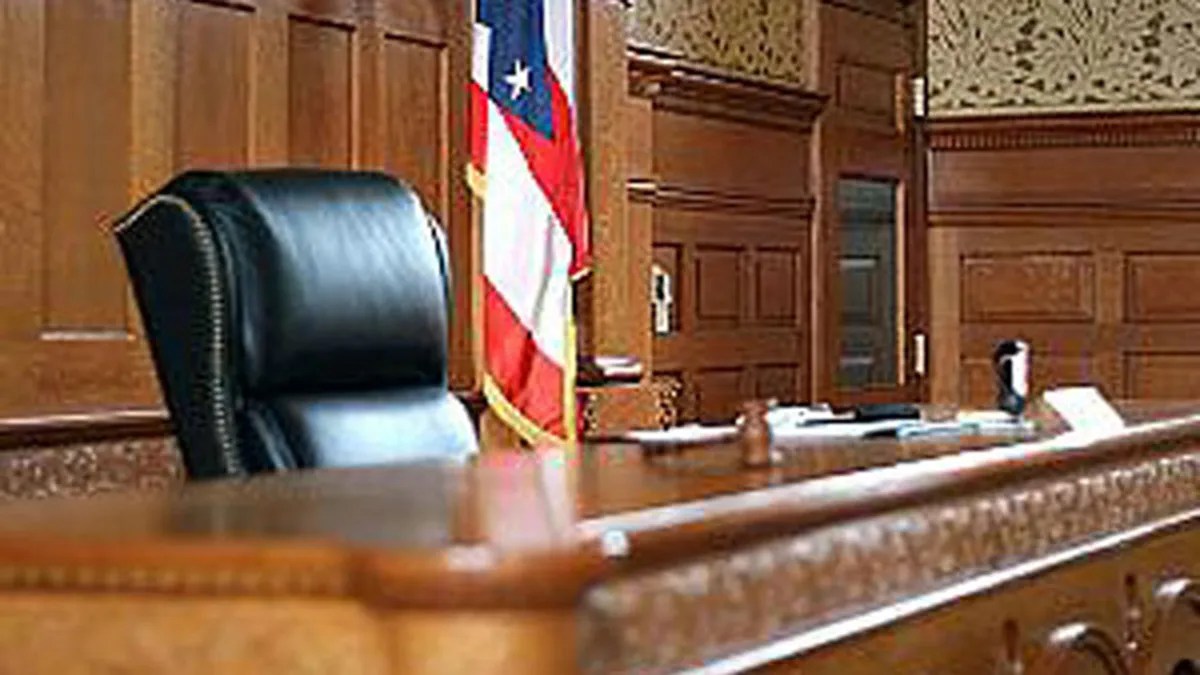The push for a higher tax on New Yorkers making more than $1 million a year is getting fresh life with a new poll showing overwhelming support, a high-profile rally on Monday and the strengthening Occupy Wall Street protest in New York City.
The Siena College poll found 72 percent of New York voters support the tax to avoid further budget cuts. Just 26 percent oppose the proposal by powerful Assembly Speaker Sheldon Silver.
Also Monday, the union-backed "99 New York" rally supported extending the current so-called "millionaire's tax" on New Yorkers with incomes over $200,000. It's due to expire Dec. 31.
Standing in the way of renewing the current surcharge on the wealthy and Silver's millionaire tax plan are Democratic Gov. Andrew Cuomo and his fiscal ally, the Republican majority of the Senate. Cuomo says taxing wealthier New Yorkers at higher levels would likely send the rich to Connecticut and New Jersey, taking their income tax revenue and jobs with them.
The GOP Senate promised fiscal restraint and no new or higher taxes when it regained the power and perks of the chamber's majority in elections two years ago. Republican senators face the next challenge to their power next year in a state where Democrats hold nearly a 2-to-1 enrollment advantage.
But now, tax revenues are running behind projections, a $2 billion deficit looms, and schools and hospitals are howling after two years of flat state budgets capped by an overall cut in spending in April. And the public opinion polls and Occupy Wall Street protest are drawing attention to public unrest.
"Politicians are already starting to, grudgingly, take notice," said Kelly Heresy from Occupy Wall Street, a demonstration started in New York City that's drawing national and global support and attention. Protesters say they are trying to limit the power and privilege of the wealthy.
Local
"This voice is not really represented by the politicians, who are mainly working on behalf of their biggest fund raisers — the corporations and banks," said Heresy, a writer.
"They need to reform from the bottom up before they are truly on our side," the movement stated on its Facebook page 30 days after the protests began in a Lower Manhattan park.
"The world is changing and, as always, elected officials will be the last one on the train," said Richard Brodsky, a former Democratic assemblyman and now a senior fellow at the Wagner School at New York University who has been at Occupy Wall Street. "It was true for the anti-war movement and the civil rights movement and it's true for this re-thinking of the way we govern ourselves and our economy."
Brodsky and other supporters say the Occupy movement has riveted public attention on the need to tax the rich more. In an opinion piece Monday in the New York Daily News, he proposed a state jobs and infrastructure repair program paid for by a three-year millionaire's tax.
Advocates for social service and environmental programs that have seen deep cuts also are directly challenging the traditional argument that if you tax millionaires more, even in hard times, they will move and take their jobs with them.
"I just think that the facts of the circumstances are going to make it more obvious that it is something we ought to be doing," Silver said last week in an interview with YNN's "Capitol Tonight." Earlier this year he called a millionaire tax a "moral imperative."
Silver and other supporters also portray the new millionaire tax as not a tax increase at all, but as a way to avoid a tax decrease for millionaires with expiration of the surcharge.
Either way, the revenue is considerable. The current tax surcharge hits New Yorkers in stages beginning at $200,000 of household income. It has brought $14.3 billion to the state since the 2009-10 fiscal year. Silver's proposal would set a higher tax rate only on those who earn $1 million or more, and only for the next three years, including the final quarter of the current fiscal year. It would bring in a projected $4.1 billion.
That's a deep tax bite for people who can afford to move.
"We have competitors," Cuomo said flatly in one of his many rejections of the idea. He opposes a state millionaire tax even as he has signed onto President Barack Obama's jobs program, much of which would be funded by higher taxes on wealthier Americans.
Opponents point to Rochester billionaire B. Thomas Golisano, a philanthropist and minor party candidate for governor, who moved to Florida to avoid paying $13,000 a day more in New York taxes. Developer Donald Trump has said several of his rich friends have considered leaving over taxation, and state records indicate more may have moved, as revenues from the rich fell below expectations.
"A sharp, permanent increase in taxes on a small group of highly mobile taxpayers, who enjoy a great deal of discretion over the timing and nature of their income, will inevitably cause some of them to either shift income away from this jurisdiction, or earn less, or collect the income in forms that will not be taxed," said E.J. McMahon on the fiscally conservative Manhattan Institute.
"The impact on the private sector in New York can only be negative," McMahon said.
The Siena poll questioned 800 registered voters last Monday through Wednesday. It has a margin of error of plus or minus 3.5 points.



